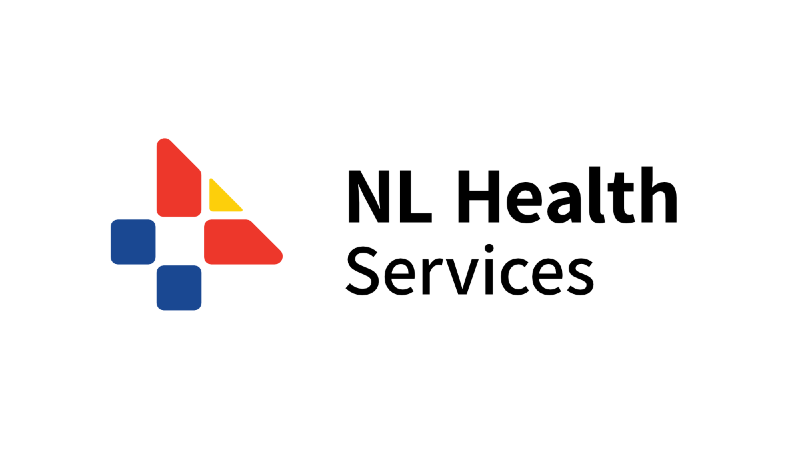In a swift policy reversal that underscores the power of collective employee advocacy, Newfoundland and Labrador Health Services (NLHS) has backtracked on controversial leave restrictions following intense pressure from healthcare workers across the province. The decision, announced Tuesday, comes just days after implementation of the contentious measures that would have severely limited staff vacation options during critical periods.
“We’ve heard the concerns of our dedicated healthcare professionals loud and clear,” said Teresa Dyson, NLHS Chief Operating Officer. “After thoughtful reconsideration and valuable feedback from our teams, we recognize that our approach to leave management requires a more collaborative solution.”
The original policy, quietly introduced last week, would have restricted employees from taking leave during traditionally high-demand periods, including summer months and December holidays. Healthcare workers immediately raised concerns about work-life balance, mental health implications, and the potential for increased burnout in an already strained system.
According to internal documents obtained by CO24, the initial directive aimed to address chronic staffing shortages that have plagued Newfoundland’s healthcare system since the pandemic. However, the approach sparked immediate backlash from unionized workers who argued the policy violated established collective agreements and failed to address the root causes of staffing challenges.
Mark Reynolds, president of the Newfoundland and Labrador Association of Public and Private Employees (NAPE), told CO24: “This reversal represents a victory for healthcare workers who deserve respect and reasonable working conditions. The initial policy would have exacerbated burnout and potentially driven more professionals away from our healthcare system.”
The controversy highlights ongoing tensions within Canadian healthcare systems struggling to balance operational demands with employee wellbeing. Recent data from the Canadian Institute for Health Information indicates that healthcare worker attrition rates have increased 23% since 2020, with workplace satisfaction reaching historic lows.
Dr. Samantha Wright, healthcare policy analyst at Memorial University, points to broader systemic issues: “Restrictive leave policies represent band-aid solutions to fundamental problems of inadequate staffing and resource allocation. Progressive health authorities are finding success through investment in workforce expansion rather than limiting existing staff flexibility.”
NLHS has now committed to forming a joint committee with union representatives to develop a more balanced approach to leave management. The committee will explore alternative solutions such as enhanced premium pay for holiday coverage, improved recruitment strategies, and potential implementation of a self-scheduling system that has proven effective in other Canadian jurisdictions.
“We remain committed to ensuring patient care while supporting the wellbeing of our healthcare professionals,” added Dyson. “This situation has reinforced the importance of meaningful consultation before implementing significant operational changes.”
The policy reversal carries implications beyond Newfoundland, as healthcare systems across Canada grapple with similar challenges in workforce management. Industry observers suggest this case demonstrates the growing leverage healthcare workers hold amid nationwide staffing shortages.
As healthcare systems continue navigating post-pandemic realities, the question remains: will administrators finally address the fundamental causes of staffing shortages rather than imposing restrictions that risk driving more dedicated professionals away from an essential but increasingly strained system?










